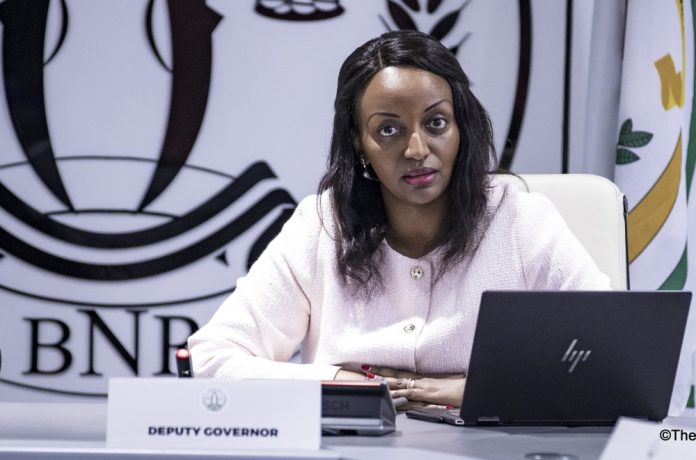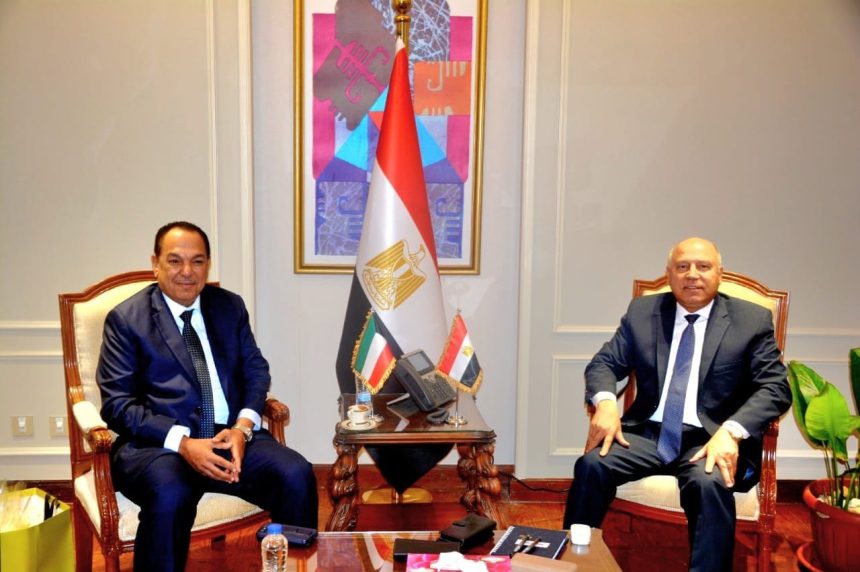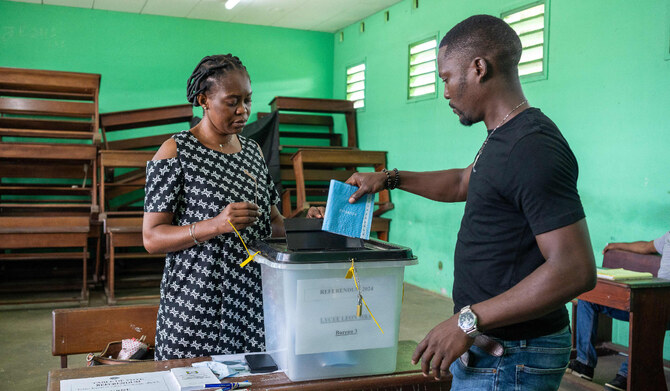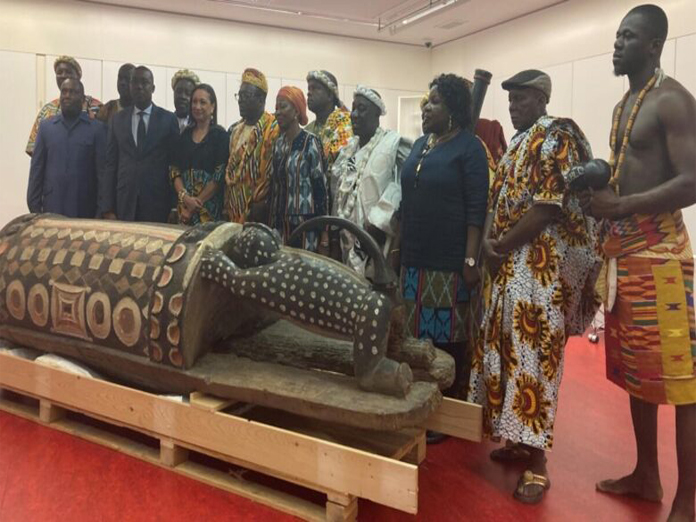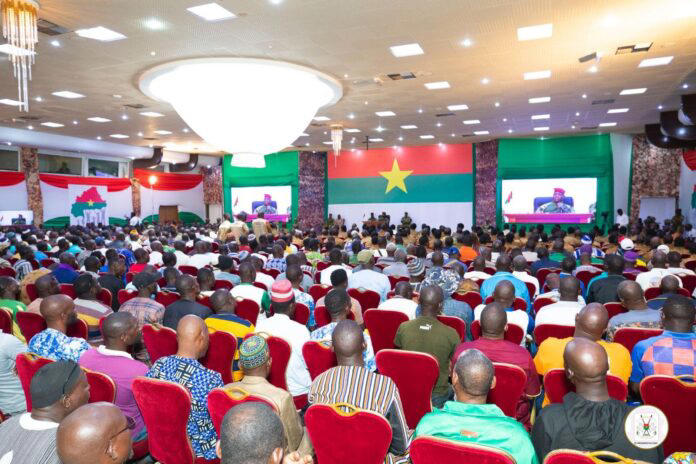Rwanda’s Central Bank Deputy Governor during an interview with a Kenyan newspaper reiterated the need for the central Bank Digital currency, (CBDC) to the economy of the east African nation. She adds this would position the nation as an important player in the future of the global economy.
Rwanda is in progress to developing its own national Central Bank Digital Currency (CBDC) in the next two years, as part of the country’s efforts to rationalize its financial system and position the nation as an important player in the future of the global economy.
According to the National Bank of Rwanda, the national digital currency would offer Rwandans a safe, free, and easy alternative to physical cash. It would also expand financial inclusion by enabling more unbanked population to participate in the formal economy.
The National Bank anticipates since digital currencies enter wider global use, it would enable the government and private companies to participate in international trade more seamlessly.
Though to many Rwandans and part of the world, the concept of a CBDC remains theoretical, the Deputy Governor of the Rwanda’s Central Bank, Soraya Hakuziyaremenye in an interview with ‘The New Times’ unpacked the potential benefits for the public while highlighting the necessary steps needed the nation to adopt a national currency.
Already, she said that Rwanda’s main trading partners like China are testing the digital Yuan, and the European Union (EU) plans to adopt a digital currency in 2025, sounding optimistic it is possible for Rwanda.
While the digital currency will be another form of cash, she evoked it was important to adopt it because of developments in other countries as well. Close to 11 countries have issued CBDCs as of now. The first one was the Bahamas, and there are a number of countries in Africa, including Nigeria, Ghana and South Africa that either are in the piloting phase or issued their CBDC.
With Rwanda positioning as an ICT hub, with the ambition to become a cashless economy, and an international financial hub, there was a need to understand whether there would be benefits for Rwanda as well to embark on that technological journey.
Alluding to the Euros that took more than 40 years to exist, she stated the new deadline, which is 2031, is ideal.


